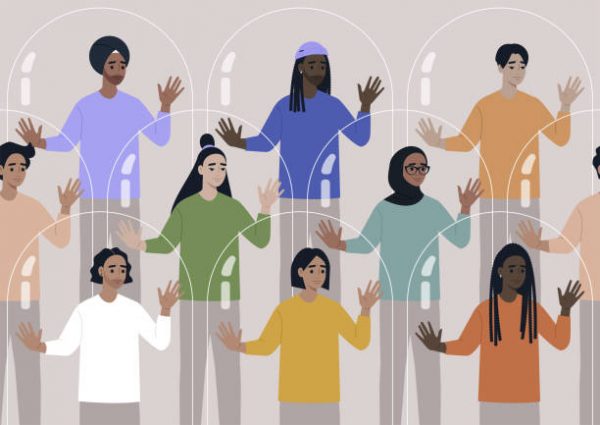
Names are not mere labels; they are powerful symbols that connect individuals to their roots, heritage, and aspirations. Across cultures, naming practices hold deep meaning, reflecting familial ties, cultural values, and even hopes for the future. From naming ceremonies to daily interactions, names play a pivotal role in shaping our identities and interactions with others.
| Key Takeaways |
|---|
|
Cultural Examples
Across various cultures, names carry profound significance, often reflecting the hopes, values, and cultural significance of a community. In China, names are imbued with deep meanings, serving as symbolic representations of familial aspirations. For instance, the name “bō” (波) may signify “wave,” embodying the parent’s desire for their child to bring positive transformation to the world. Similarly, among certain Native American tribes, names are meticulously chosen to mirror an individual’s characteristics or life experiences. Meanwhile, in Japan, the order of family names preceding given names holds significant cultural importance, emphasizing the primacy of familial lineage. Likewise, in Scandinavia, traditional naming practices often incorporate patronyms or matronyms, such as “Eriksdotter” (daughter of Erik) of “Eriksen” (son of Erik), underscoring that familial ties and heritage integral to Scandinavian identity. These cultural examples illustrate the diverse ways in which names serve as vessels of cultural heritage and personal identity across the globe.
The Importance of Accurate Name Pronunciation
Accurate pronunciation of names is more than just a courtesy; it’s a sign of respect and inclusivity. Mispronunciations, though, often unintentional, can have profound psychological impacts, especially on marginalized groups. Recognizing and embracing the diversity of names fosters a culture of respect and understanding in our personal and professional lives.
Challenges in Pronouncing Names
Different languages have unique phonetic sounds and pronunciation rules. Lack of standardized spellings can complicate pronunciation. Cultural factors, like naming customs, can influence pronunciation.
Embracing Differences in Name Pronunciation
Celebrating the diversity of names is essential. Being open to learning about different cultures and being willing to ask for the correct pronunciation is crucial. Embracing differences in name pronunciation fosters a more inclusive and respectful environment.
Resources for Learning Name Pronunciations
Namecoach uses research, surveys, and interviews with native speakers to understand pronunciations of different names. The name pronunciation generator leverages revolving demographic factors to provide the most likely recommended pronunciation of any name. Namecoach integrates into your favorite tools to bring name pronunciation right to your fingertips, to eliminate the time and hassle of searching the internet for correct pronunciations.
In a world rich with cultural diversity, acknowledging the significance of names and their pronunciation is essential for building inclusive communities and fostering respect for all individuals. By embracing differences, learning about cultural practices, and striving for accurate pronunciation, we can create a more inclusive and respectful society where everyone feels valued and respected, one name at a time.









